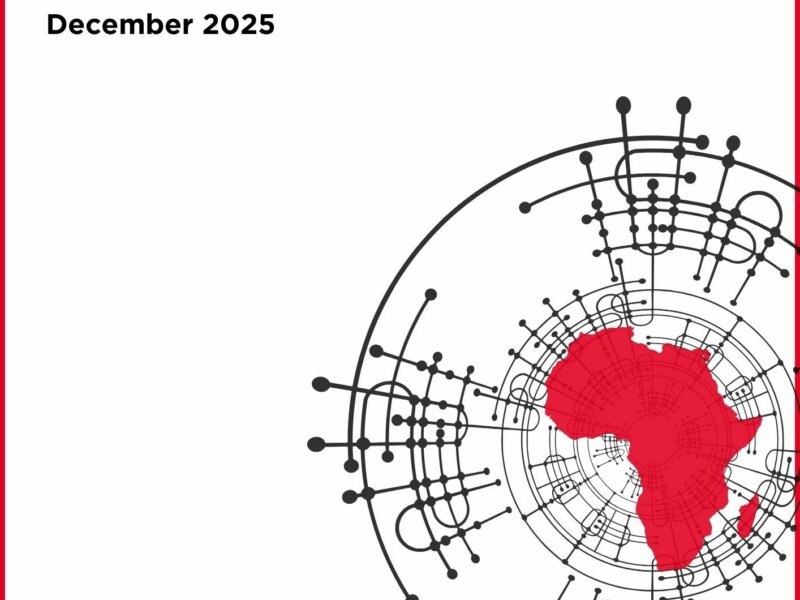The Enviromental Security threats within the Red Sea crisis
In addition to the economic harm caused, the terrorist activities of the Yemeni group also pose a significant threat to the environmental security of the Red Sea, a region already struggling with the effects of climate change.

Almost a year after the Hamas attack on the October 7th, 2023, the Houthis continue their assaults against ships navigating to and from the Suez Canal in the Red Sea.
According to the International Maritime Bureau, since November 2023, Ansar Allah - another name for the Yemeni rebels - has carried out approximately 100 attacks on ships transiting the Gulf of Aden and the Strait of Bab-el-Mandeb, with two peaks in December 2023 (19) and June 2024 (17). The most affected vessels have been container ships and fossil fuel tankers, including oil and gas carriers. During these months, two ships sank, one was hijacked, and three seafarers lost their lives.
Although the number of incidents may seem relatively small, Houthi activities have had a severe economic impact on the shipping sector and global trade. This disruption has led to a substantial decline in traffic through the Suez Canal, which handles 15% of the world's maritime trade. For example, in the first months of 2024, the average number of transits through the Egyptian chokepoint was 40 per day, with a significant decrease from over 100 in the same period in 2023.
As a result, many shipping companies have rerouted vessels via the Cape of Good Hope in South Africa, leading to a 74% rise in trade volume compared to the previous year. This alternative route is approximately 40% longer than the Suez one, meaning that sailing from Singapore to Rotterdam, face an additional 9 days and 6000 km of travel.
These changes have driven up transport costs. due to the need for more fuel to cover the longer distance, alongside rising insurance premiums spurred by frequent attacks on ships. Furthermore, both Europe and Asia are experiencing a shortage of shipping containers, pushing up demand and consequently increasing transportation expenses. Recent studies suggest these factors may contribute to inflationary pressures, both in terms of demand and costs, potentially leading to a significant rise in the prices of final goods.
Beyond these economic and commercial challenges, environmental security—a critical but often overlooked area in international politics—faces growing threats from continued Houthi activities. For many years, environmental security has either been underestimated in political-strategic analyses, or categorized as a “soft” security threat, one considered less likely to cause substantial harm to nations or communities.
However, recent years have underscored the increasing interconnection between climate, the environment, and global politics. It is now recognized that there is a strong interdependence between large-scale natural phenomena and the socio-economic resilience of populations, with these factors even becoming key considerations in military strategies.
In the case of Yemen, on August 21, 2024, Ansar Allah launched multiple and explosive drones at the Greek-flagged oil tanker Sounion as it passed near the city of Hodeidah. At the time, the ship was carrying approximately 150,000 tons of crude oil, equivalent to around one million barrels.
Whilst the entire crew was rescued by a military vessel from the EU's Aspides mission, efforts to salvage the vessel are proving complex. On August 31, senior Houthi officials reportedly agreed to start operations to move the ship to a safe port.
Despite this, the situation remains precarious. The vessel's current distance from shore and the extensive damage to its hull are complicating rescuing operations, with the risk that a further attack or onboard fires could lead to a major oil spill.
As of now, some fuel has already leaked into the sea, though it appears to be from the ship's engine rather than the crude oil cargo.
However, if the situation worsens, the consequences for the region could be catastrophic. An oil spill would devastate the marine ecosystem, threatening the Red Sea’s fish resources, a vital source of food in impoverished regions such as Somalia and Yemen. Desalination plants, crucial for providing drinking water, would also be at risk from widespread oil contamination. Severe damage to marine life and water supplies could lead to a humanitarian crisis, potentially triggering a cycle of resource shortages, famine, violence, and conflict.
Thus, environmental insecurity poses serious risks. The Sounion incident is not isolated, and with ongoing Houthi terrorist activities, further threats to international military, commercial, and environmental security are likely to emerge.



